
Steven W. Pipe, MD, a professor of pediatric hematology/oncology at the University of Michigan Health, also discussed open questions that remain for the future of the hemophilia B gene therapy.

Steven W. Pipe, MD, a professor of pediatric hematology/oncology at the University of Michigan Health, also discussed open questions that remain for the future of the hemophilia B gene therapy.

For Glaucoma Awareness Month, CGTLive® interviewed the chair of ophthalmology at the Byers Eye Institute at Stanford University about the potential of cell and gene therapy for the condition.

The research portfolio director at the Muscular Dystrophy Association discussed how ongoing advances in ALS research may inform therapeutic development approaches.

The professor of pediatric hematology/oncology at the University of Michigan Health discussed what clinics need in order to start administering Hemgenix effectively.

The chief research officer of the Muscular Dystrophy Association discussed emerging scientific priorities and community-driven initiatives shaping the organization's 2026 Clinical and Scientific Conference.

We showcased several key moments from our on the ground coverage of the 67th American Society of Hematology Annual Meeting and Exposition.
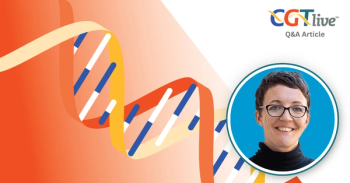
Colleen Caleshu, MS, CGC, the senior director of research and real world data at Genome Medical, discussed important considerations for genetic counselors thinking about using AI tools in their practice.

Steven W. Pipe, MD, a professor of pediatric hematology/oncology at the University of Michigan Health, also discussed open questions that remain for the future of the hemophilia B gene therapy.
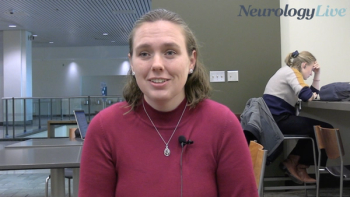
The genetic counselor at Johns Hopkins Hospital spoke on how cardiac genetics clinics are adopting alternative care models to broaden access to genetic testing and counseling.
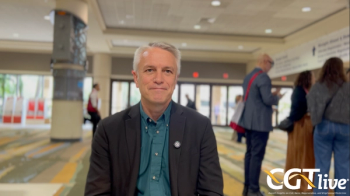
The professor of pediatric hematology/oncology at the University of Michigan Health also discussed open questions that remain for the future of the hemophilia B gene therapy.
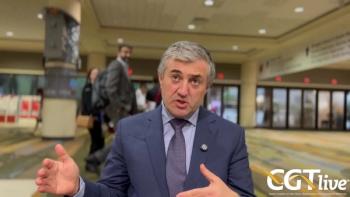
The chairman of the Division of Pediatric Hematology & Oncology and BMT at Cleveland Clinic Children's discussed learnings from the institutions integration of gene therapy for sickle cell disease.

Steven W. Pipe, MD, a professor of pediatric hematology/oncology at the University of Michigan Health, discussed the final results of the phase 3 study that evaluated the hemophilia B gene therapy.
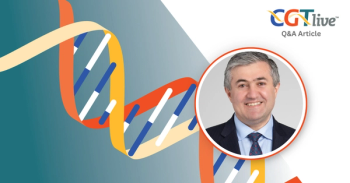
Rabi Hanna, MD, the chairman of the Division of Pediatric Hematology & Oncology and BMT at Cleveland Clinic Children's, discussed results from the phase 1/2 RUBY trial.
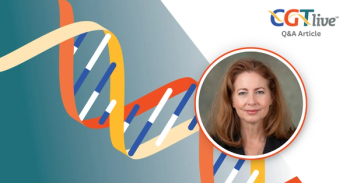
Sharon Hesterlee, PhD, the president and CEO of the Muscular Dystrophy Association, discussed the upcoming conference and the evolving therapeutic landscape in neuromuscular disease.

The professor of pediatric hematology/oncology at the University of Michigan Health discussed the final results of the phase 3 study that evaluated the hemophilia B gene therapy.

Deevyashali Parekh, MBBS, an internal medicine resident at SUNY Upstate Medical University Hospital, discussed findings from a patient population traditionally excluded from clinical trials for CAR-T.
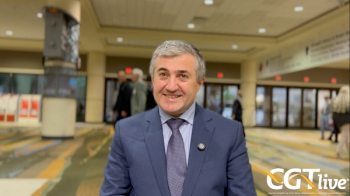
The chairman of the Division of Pediatric Hematology & Oncology and BMT at Cleveland Clinic Children's discussed results from the phase 1/2 RUBY trial he presented at ASH 2025.

ImmunoLogic cohost Janna Minehart, MD, discussed a few exciting immunotherapy sessions she attended at ASH's Annual Meeting.
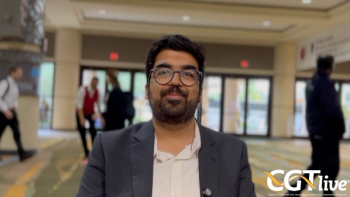
The internal medicine resident at SUNY Upstate Medical University Hospital discussed findings from a patient population traditionally excluded from clinical trials for CAR-T.
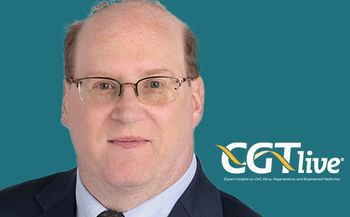
Crawford Strunk, MD, an associate staff member at the Cleveland Clinic, discussed the institution's experience with integrating use of exa-cel and lovo-cel.
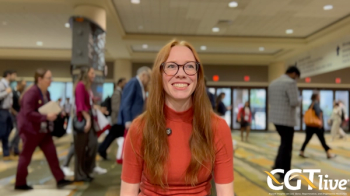
The clinical fellow in hematology/oncology at the University of Pennsylvania discussed several sessions she's excited about at the ASH Annual Meeting.
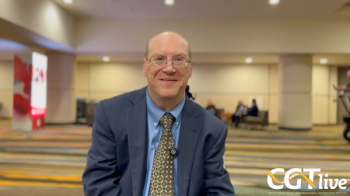
The associate staff member at the Cleveland Clinic discussed the institution's experience with integrating use of exa-cel and lovo-cel.

Crawford Strunk, MD, an associate staff member at the Cleveland Clinic, discussed a study he presented at ASH’s 2025 Annual Meeting.
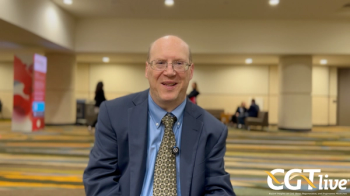
The associate staff member at the Cleveland Clinic discussed a study he presented at ASH’s 2025 Annual Meeting.

AZD0120, a dual-targeted CAR T-cell therapy, shows high efficacy in treating relapsed multiple myeloma, achieving a 96% response rate.
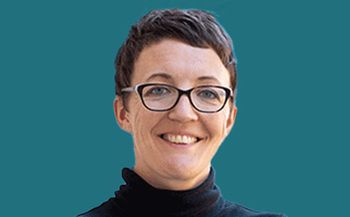
Colleen Caleshu, MS, CGC, the senior director of research and real world data at Genome Medical, discussed a session she chaired at the NSGC Annual Conference.
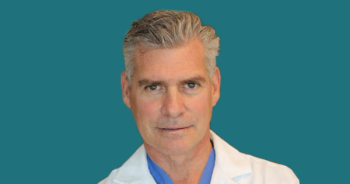
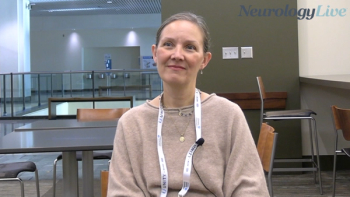
The research director at the Clinic for Special Children discussed how screening at-risk patients can speed up diagnosis and treatment of spinal muscular atrophy.

The NSGC president-elect spoke on the evolving role of genetic counselors, emphasizing personalized care, gene therapy advancements, and the need for multidisciplinary integration in healthcare.
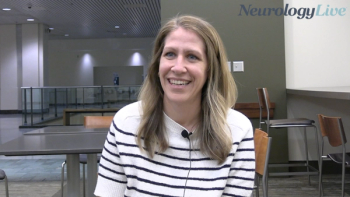
The genetic counselor in the Department of Ophthalmology at the University of Pittsburgh Medical Center discussed the growing role of genetic counselors in guiding patients undergoing gene therapy.